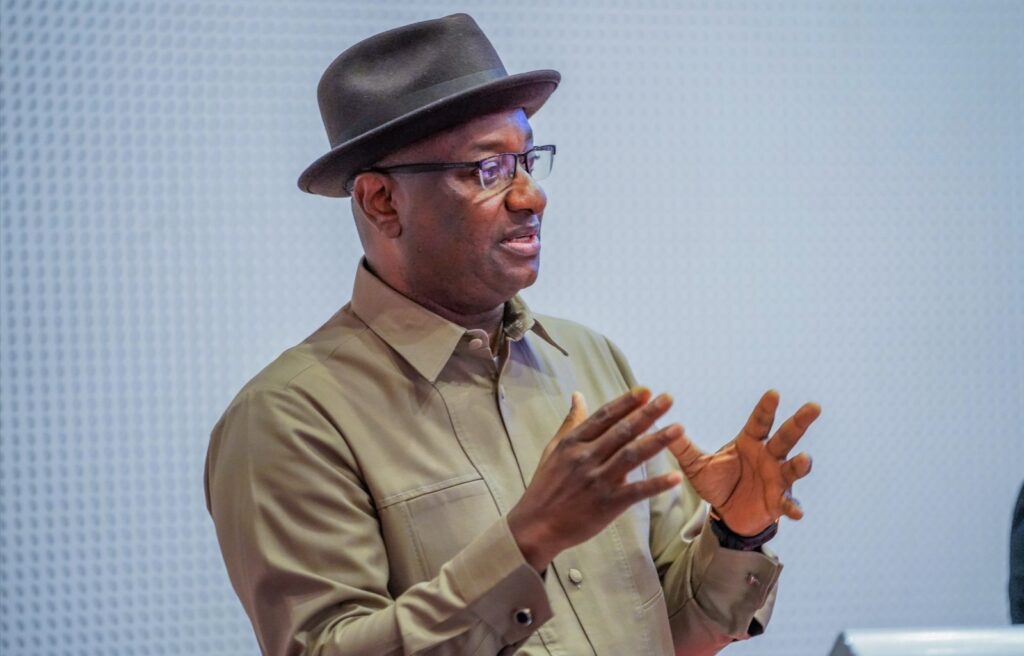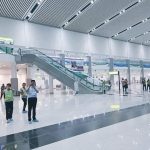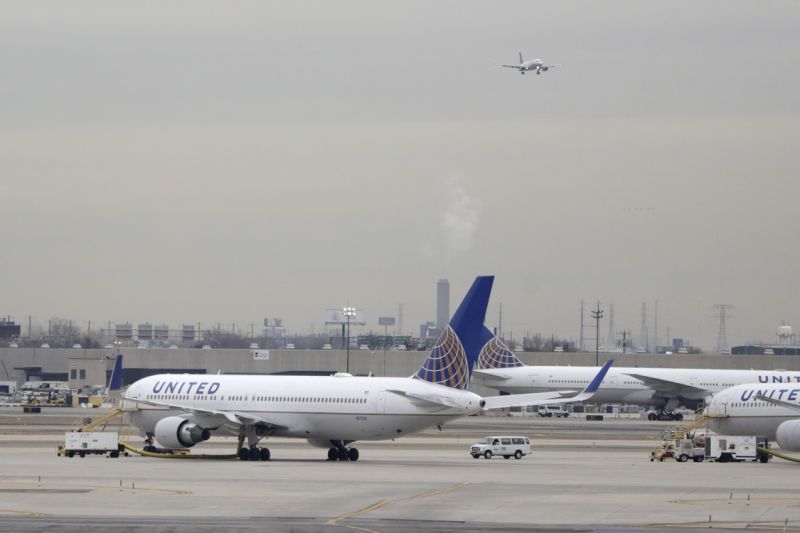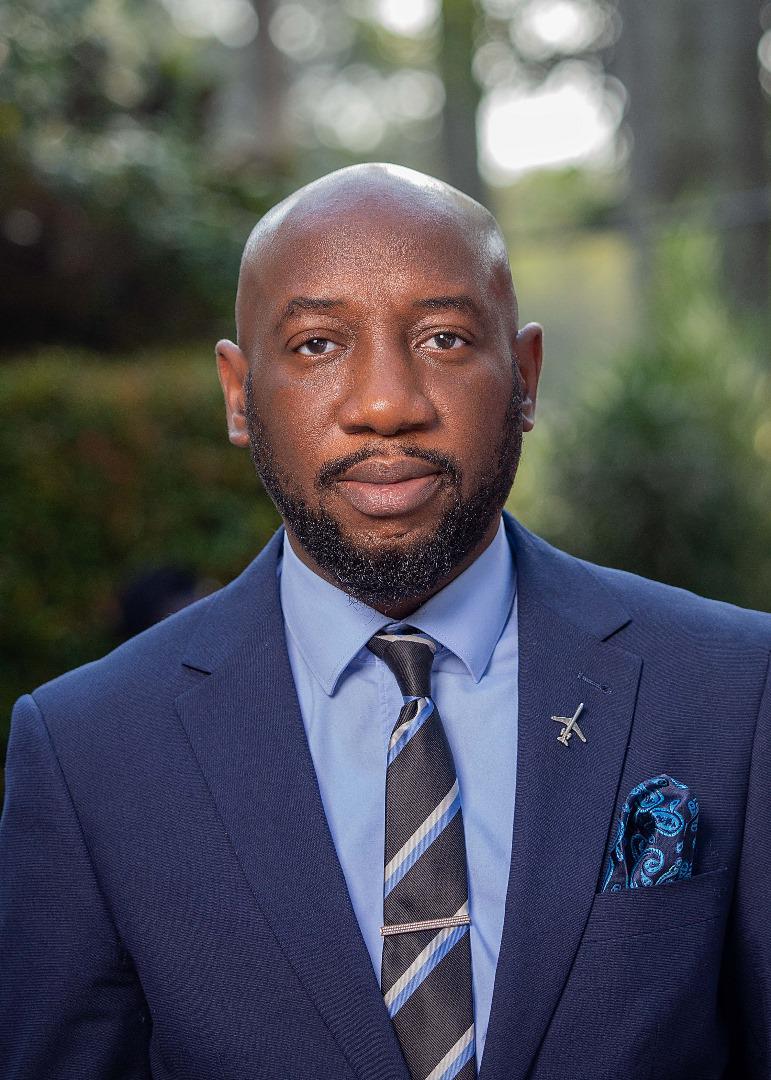
Aviation industry experts and airline operators have again stressed the need for Nigeria to establish an aircraft leasing company in order to put an end to the protracted low capacity that has shut up the cost of air travel in the country.
Currently, the average cost of ticket is about N200, 000 for one-way flight and this is projected to increase tremendously during high and festive seasons.
Industry observers attribute the development to inadequate operating aircraft that provide limited number of seats below the demand of air travellers.
The experts also project that having a local leasing company will save domestic carriers about $10 million annually on foreign exchange.
It was learnt that since the end of Covid-19 lockdown in 2020, Nigerian airlines have been grappling with inadequate number of aircraft in their fleet, a situation exacerbated by inflation and high exchange rate, making it difficult for Nigerian carriers to acquire or lease aircraft due to the high capital outlay.
The observers said that paucity of aircraft has also affected manpower demand in the industry because technical personnel like pilots, engineers, marshallers and cabin crew, have to seek offshore jobs because total number of aircraft fleet among domestic operators shrunk to less than 40 per cent of fleet capacity 10 years ago.
Nigerians seeking jobs as pilots, flight officers, cabin crew and others, they stated, may not get such jobs in Nigeria because of limited capacity and they may not have horned their skills enough to secure offshore jobs, so, overall, the aviation industry is retarded.
During the Buhari administration the then Minister of Aviation, Hadi Sirika, included establishing aircraft leasing company as one of the items in his aviation roadmap that would be accomplished before the end of the administration, but it never happened despite his assurances.
Justifying the need for a leasing company, the Ministry of Aviation and Aerospace Development, in July 2018, made a presentation and indicated that international aircraft leasing companies do not consider West and Central Africa as a major market due to their perceived risks, including revenue, tendency to repudiate agreements and maintenance risks, as there is no major maintenance facility in the two sub-regions.
The ministry noted then that it was pertinent to have a leasing company because as at then and now there is no Aviation Leasing Company in Africa. The average age of the African aircraft fleet has been traditionally high compared to the rest of the world, however this situation has been improving dramatically with 45 per cent of the fleet now less than 10 years old (then). The presentation noted that aircraft acquisition is an expensive proposition for most African airlines, resulting in high financing cost.
“It has been estimated that about 70 per cent of commercial aircraft in Nigeria are financed with the attendant high financing costs having a negative impact on profitability. Aircraft leases are not easily available as most of the major international lessors are reluctant to lease aircraft to small/medium airlines in Africa due to perceived risks. Thus, airlines in Nigeria generally cannot afford modern aircraft, with the average age of aircraft in operation being 20 years old,” the ministry noted.
Speaking in support of such project, the Managing Director of Aero Contractors, Captain Ado Sanusi, had suggested that the federal government should use its corporation to midwife the establishment and this may be referring to one of the subsidiaries of the Central Bank of Nigeria (CBN). He noted that this would make it easy for ALC to kick-off with initial funding by government.
However, aviation industry expert and former Rector of Nigerian College of Aviation Technology (NCAT), Zaria, Captain Samuel Caulcrick, told THISDAY that if Nigeria needed to establish a leasing company, it has to justify it in terms of the need, its ownership and management preferences.
“A leasing company is needed to take off the burden of buying equipment when the operator would focus on providing a competitive travelling experience to air passengers. The maturity of the financial structure in the country impacts the competitiveness in a global industry like air transportation. Unfortunately, Nigeria is an emerging market with still weak financial structure and the cost of capital is very high and uncompetitive in a global market. However, every country, irrespective of wealth, can access capital at low rates because lenders know the government is a continuum and will not file for bankruptcy, unlike the private sector. So, government-owned enterprises, by extension, can still access low-cost capital.
“The problem with government-owned enterprises is inefficiency. However, if the enterprise is government-owned to qualify for low-cost capital, its management could be outsourced to the private sector for efficiency and innovation,” Caulcrick said.
Reports also indicate that Nigerian airlines lose huge amount of money on wet leasing of aircraft because they pay outrageous cost on aircraft leasing. For example, the leasing of a Boeing B777 aircraft could cost from $190, 000 to $780, 000 a month, according to statista.com; a Nigerian airline leasing the aircraft will be made to pay the highest cost of $780, 000 because of perceived inherent risks; as Nigeria is described as country of high risk.
Reports have it that due to the absence of an Aircraft Leasing Company in Nigeria, the country has continued to lose vital revenue that should accrue to the industry, as the federal government’s inability to establish Aviation Leasing Company, is believed to be denying the sector over $5 billion annually.
Since the end of Covid-19, cost of aircraft leasing in the international market as well as acquisition of spares and cost of maintenance have gone up. This is attributed to sudden high demand after the lockdown, as some aviation equipment manufacturing companies diverted to producing other items and were not adequately prepared for the sudden surging demand.
According to iba.aero.com, there has been new aircraft price escalation and strengthening demand, against a backdrop of limited supply, which saw positive movements in the market values of the most popular current-generation narrow body aircraft, which are largely trending above base value.
This has also affected the cost of leasing and Nigerian airlines requesting for aircraft leasing are charged the optimum costs because of the aforementioned designation as high-risk country, a prejudice which the Minister of Aviation and Aerospace Development, Festus Keyamo, has decapitated. But as they say, the taste of the pudding is in the eating.
Nigerian airlines have not established that the cost of aircraft leasing has come down since the minister reached a compromise with leasing companies, following the meeting of the conditions of the Cape Town Convention which ought to open door for Nigerian airlines to acquire aircraft through dry leasing.
But overall, industry experts posit that establishing aircraft leasing company in Nigeria will provide financial succour for Nigerian carriers and put to an end, the protracted dearth of operation equipment.






